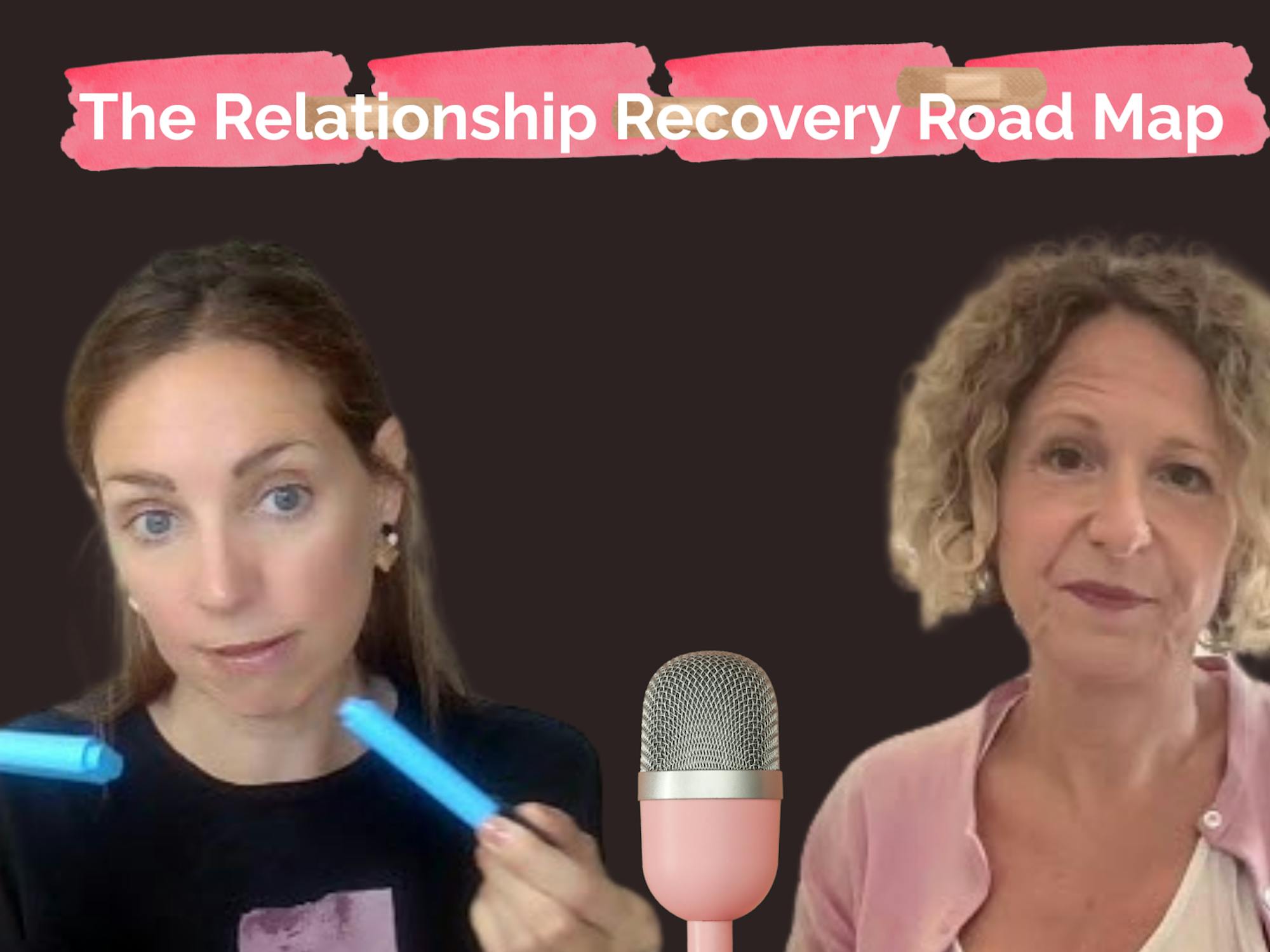Is Marriage still relevant today?
With the number of people choosing to get married at their lowest point in recorded history, we’re asking the question is marriage really worth it?

Extravagant weddings, white dresses and shrimp cocktails were once every little girl’s dream… but are times changing? Do young girls still dream of marriage and why are so many young couples against marriage?
One study found marriage rates in the US fell by almost 50% between 1972 and 2018. But this decline isn’t just taking place in the US, many countries around the world are seeing a decrease in numbers of people choosing marriage. A study closer to home found that the proportion of adults in the UK who have never married has increased from 26% in 1991 to over 37% in 2021, that’s an increase of over 35% in two decades!
What is causing this decline?
In 2020, the number of divorces in England and Wales overtook the number of marriages for the first time! We’ll consider some of the societal changes that may have resulted in these changes.
Changing gender roles
Since the mid 1900s womens’ roles in society have changed with far greater opportunities for women in many areas of society which were previously difficult to access. Some women are moving away from the idea of becoming a stay at home mother and are much more career driven, spending their time pursuing their education and a career. As a result, societal expectations around marriage and gender dynamics have shifted.
Increased costs
There has been an increasing cost of living, alongside the current economic challenges that have been troubling thousands of families across the UK. Couples are much more likely to be working full-time, with both partners out of the house most of the day and many chores to be done at home, couples are much less likely to have the time or money to spend planning the wedding they really want.
Stress
Mental health is a huge issue in today’s society and these issues are often developing from chronic stress. With both individuals now needing to work full-time to get by, couples struggle to find time for each other. Between working full-time, financial worries, caring for children and carrying out daily tasks, relationships are harder to maintain and planning a wedding is the last thing on some peoples’ minds.
Relationship alternatives
In our last blog we discussed how open relationships work. With the increase of alternative relationships such as polyamory and open relationships, many couples are experimenting with new ways to experience their relationship and marriage may feel restrictive or outdated to these couples, with bigamy still being illegal in the UK as in much of the world.
Pandemic
Lastly, the UK experienced a worldwide pandemic over 2020, this meant that couples were unable to get married in the way they would have wished. Leading to much fewer weddings and likely fewer marriages over the coronavirus period. The pandemic also meant individuals were unable to date and unable to meet new people which would have resulted in much fewer new couples and therefore fewer marriages today.
Issues that may arise from marriage
Challenges can arise within marriage and some of these points may add to why couples are choosing not to marry.
Financial complexity
Money can be a common source of disagreement and stress within a marriage. Disagreements may arise regarding financial goals, spending habits, and responsibility for financial management. Financial difficulties can put a strain on the relationship and lead to conflicts. If we are pooling resources this can add to the level of complexity and may be a step some couples feel nervous about making.
Communication challenges
Maintaining effective communication and emotional intimacy can be demanding in a marriage. Misunderstandings, differences in communication styles, and emotional distance can create difficulties in expressing needs, resolving conflicts, and connecting on a deep emotional level. We work with couples struggling to communicate to identify the root causes of those challenges so that communication can work effectively.
Changes in personal growth
Individuals grow and change over time, and this can impact the dynamics within a marriage. Personal development and evolving interests, goals, or values may lead to challenges in maintaining compatibility and adjusting to these changes as a couple.
Legal complications
While marriage offers legal benefits, it also introduces certain legal and financial responsibilities and constraints. These include joint financial obligations, potential legal implications in case of divorce, and the need to navigate legal processes such as property division or child custody in case of dissolution.
Divorce and relationship breakdown
Not all marriages are successful, and divorce or separation can be emotionally challenging and legally complex. Ending a marriage can involve significant emotional distress, financial strain, and potential disruptions to the lives of those involved, including any children from the relationship.
The positive side of marriage
As with any relationship experience, marriage can have its ups and downs. These are some of the positives that come alongside marriage.
Financial Stability
Marriage can provide a shared economic foundation, combining resources, and reducing financial burdens. Couples can pool their incomes, share expenses, and jointly plan for the future, which can lead to increased financial stability and security.
Legal and Social benefits
Marriage offers various legal and social benefits, including tax advantages, inheritance rights, access to healthcare and insurance benefits, and decision-making authority in case of medical emergencies. These benefits can provide a sense of security and protection.
Enhanced Health
Research suggests that married individuals tend to have better physical and mental health outcomes compared to unmarried individuals. Married people often enjoy emotional support, encouragement for healthy behaviours, and the opportunity for shared activities, which can positively impact their overall health and increase life expectancy.
Family Life
For couples who choose to have children, marriage can provide a stable and nurturing environment for raising a family. It offers a legal and social framework for the responsibilities and rights of both parents, promoting a sense of stability and security for children.
Family Support
Marriage often establishes a bond not only between two individuals but also between families. This support network can provide emotional, practical, and social assistance throughout life’s challenges and milestones.
Personal Growth
Marriage can be a path of personal growth and self-discovery. The challenges and compromises within a marriage can foster personal development, empathy, and understanding, encouraging individuals to become better versions of themselves.
Overall, Marriage holds the promise of shared experiences, both joyous and challenging. All relationships can thrive whether you marry or not, as long as you maintain a healthy relationship. If you are looking to ensure your relationship is strong – whatever the legal context – why not take our Relationship CLARITY Scorecard where you can answer questions to reveal the areas of strength in your relationship and the areas that may benefit from attention!
- Therapy
- Divorce
- Couples Counselling
- Relationships



